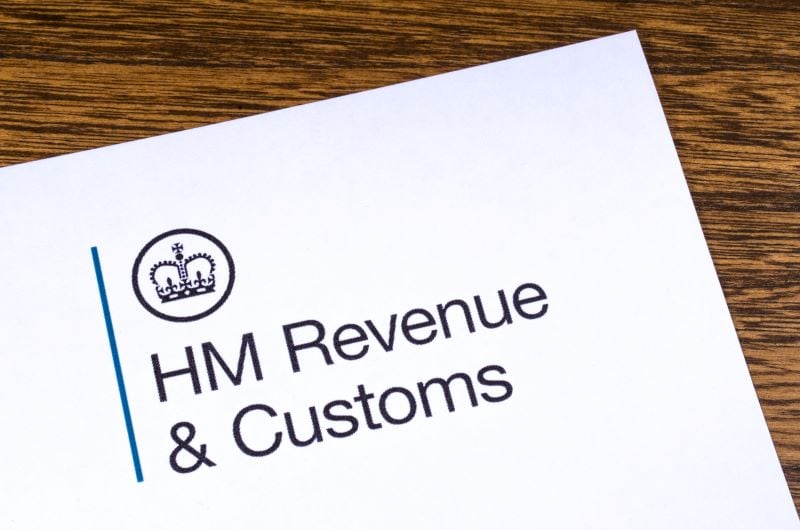HMRC umbrella company ‘checking tool’ looms for workers
Umbrella company consultation response and guidance due from HMRC, as more details come out on Tax Administration and...
READ MORE
The HMRC has issued advice about the new powers and penalties under the Finance Act 2022 to tackle electronic sales suppression (ESS) that has now come into effect.

ESS is a form of tax evasion where a business manipulates electronic sales records. The business does this either during or after the point of sale. This activity hides or reduces the value of individual transactions. It reduces the recorded turnover of the business and corresponding tax liabilities, whilst providing what appears to be a credible and compliant audit trail.
HMRC’s operational experience suggests that ESS is a growing form of tax evasion. Precise estimates of the scale of evasion are difficult to calculate, given the concealed nature of this activity.
The new powers under Finance Act 2022 tackle the possession, making, supply and promotion of ESS software and hardware. The penalties will be up to £50,000 for each of these offences. The Act also provides HMRC with ESS-specific information powers. These information powers will allow HMRC to obtain details of those involved in the supply chain of ESS tools, as well as details of traders that HMRC suspects are using the tools. The powers will also enable HMRC to gain information that will help us understand more about the tools.
The legislation includes taxpayer safeguards. On the first occasion that HMRC has reason to believe a business possesses ESS software, the business is given a 30-day grace period to remove the software in order to avoid a penalty. Businesses also have the right to appeal against penalties.
The new powers strengthen the government’s approach to tackling tax evasion. They reinforce the government commitment to ensuring that everyone pays the correct amount of tax. ESS results in a loss of money for public services. It has the potential to give non-compliant businesses an unfair market advantage over their competitors. The new powers support the position of compliant businesses by promoting fairness and a level playing field.
An individual can ask HMRC to consider them for a CDF contract by filling in the contractual disclosure form CDF1. The CDF can be used to disclose deliberate behaviour that has led to a loss in any of the taxes, duties and payments administered by HMRC. The CDF can be used by any entity but it has to be an individual and not a company that registers with the CDF.
The individual can disclose their deliberate behaviour in whatever capacity they have acted. If they make a complete, open and honest disclosure of all deliberate behaviour, HMRC will not open a criminal investigation into the disclosure.